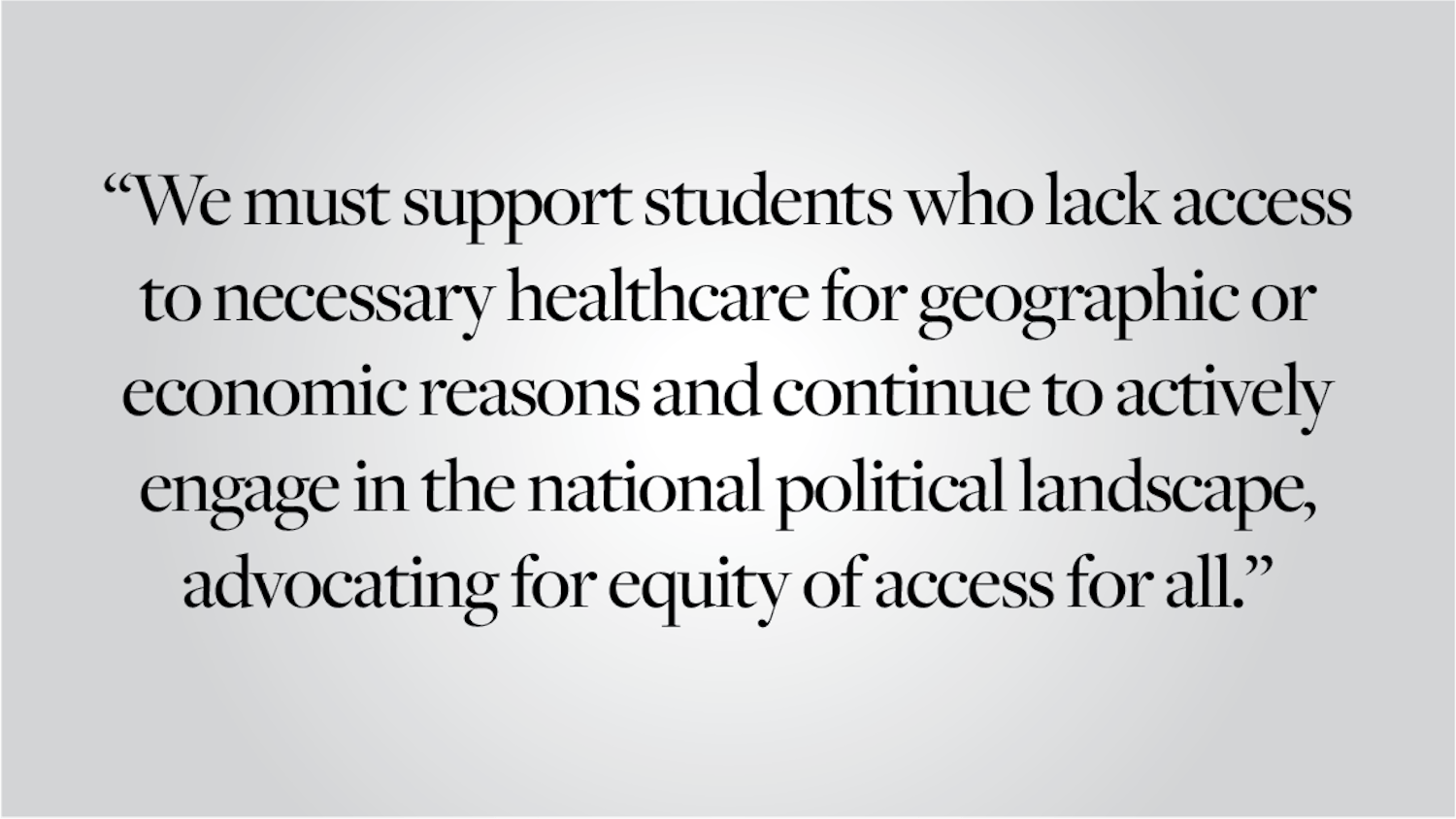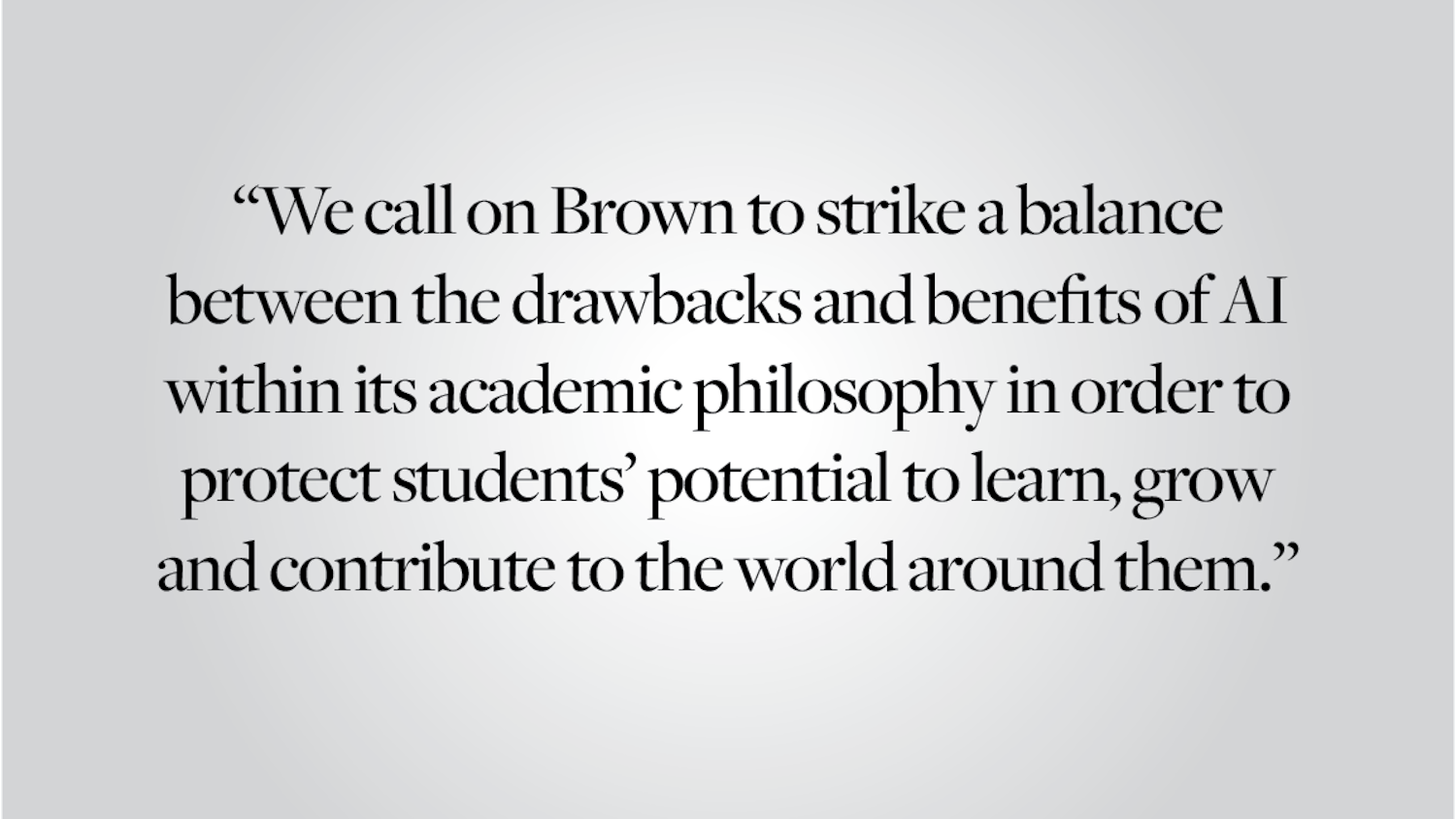The relationship between campus politics and those on the national stage is often opaque and murky. Student protests and public policy may not be as integrated as activists hope, but neither are they as separate as those in Washington may believe. Student activism, shifts in administrative and educational policy and the rise of Donald Trump and grassroots conservatism are all inextricably linked in a complex — if not causal — network of power, identity and discourse. Two days after the Iowa caucuses officially began the presidential primary season, it remains critical for students to continue to look both beyond and within the borders of Brown, balancing the campus community with the national stage.
The problem facing Brown students is two-fold: to remain involved in the election cycle in spite of the time required for classes, schoolwork and campus activities, and — with greater difficulty — to be able to look at and examine the election past the general lens of the campus. That is, students have to determine how much they want Brown’s campus climate to influence their knowledge and understanding of the current presidential race — whether to see the election from the perspective of a student at the University versus the more general perspective of a citizen or resident of the United States.
It is a difficult balance to strike: Focusing too much on national politics can lead students to ignore any tension and injustice on campus, while caring solely about events at Brown can often skew the perception of national trends and can lead to forgetting the very real effect that broader policies can have on campus. It gestures, in many ways, to the conflicted link between the politics of the everyday and the politics of the state and the necessity of recognizing the power of both planes.
There is an inclination toward solipsism at most colleges — toward forgetting the existence of actions and opinions beyond the classroom. For the most part, this self-involvement poses no problem to either students or the general political discourse and can often lead to ideas and insights that could not be made by those accustomed to the noise of national conversation. But, as the presidential election begins and the nation is presented with radically different futures and leaders, we urge students to also try to approach the news cycle beyond Brown’s frame of reference. Not only will doing so help students better understand current events at Brown by putting them in the context of outside life, but it will also remind us that “student” is just one of the many identities each of us has.
Editorials are written by The Herald’s editorial page board: its editors, Emma Axelrod ’18 and Emma Jerzyk ’17, and its members, Eben Blake ’17, Aranshi Kumar ’17 and Leeron Lempel ’19. Send comments to editorials@browndailyherald.com.




